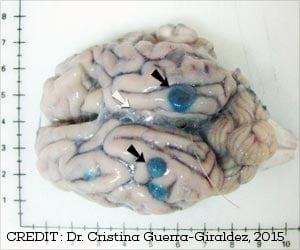On behalf of the World Health Organization (WHO) the priority activity in the protocol of the Stockholm Convention on Persistent Organic Pollutants (POP)’s, in human milk.
On behalf of the World Health Organization (WHO) the priority activity in the protocol of the Stockholm Convention on Persistent Organic Pollutants (POP)’s, where New Zealand plays a lead role is to reduce the amount of POP’s in the human milk and environment.
This research will pave way for a National Implementation Plan for each country to not only identify but also prioritise remedial action for reduction of POPs in human milk.A series of international studies on levels of organochlorine contaminants in breast milk has raised the concerns of WHO and hence the results of this study would be used to provide comparisons with international samples.
Towards this research endeavor “The Massey University” is seeking fresh breast milk from a small sample of around 15 Wairarapa women, who live quite close to one of the major towns.
The breast milk would be tested for traces of environment pollutants like DDT.
Heather Duckett , research nurse at Massey University said that they are on the look out for pregnant rural Wairarapa women aged 20-30, who will be ready to give 250ml of breast milk samples for three to six weeks after the delivery.
The target of the research is to identify persistent organic pollutant, or POPs in human milk and the environment. The most common POPs are pesticides like DDTs. Breast milk has been the right choice for the research as it can be very easily collected than blood. The pollutants accumulate in the fat of the milk.
Advertisement
Source-Medindia
SPH /GA











